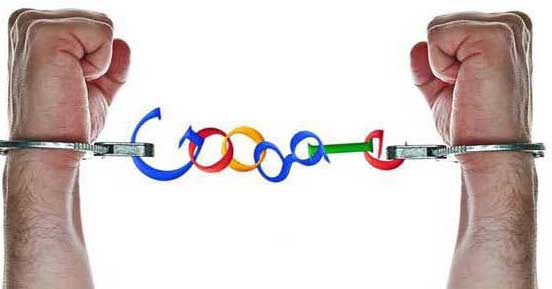SEO Singapore SEO = Search Engine Optimization | Local and Worldwide
A Singapore SEO Service you can trust.
Controversy Surrounding Search Engine Optimization
As with most new inventions surrounding the rise of technology in the lives of everyday people, there is controversy surrounding the ethics of new practices. Search Engine Optimization ( SEO ) , a tool used to positively heighten factor ranking scores and the number of people who have easy access to website and webpage material, is one such new, technologic-age practice that has recently been through multiple heated debates concerning whether it is morally permissible as a marketing scheme and, more importantly, how much of it should be allowed. Experienced veterans in the field of search engine optimization have extensive knowledge, skills and experience at their disposal, giving them an almost impossible-to-beat advantage over amateur webpage owners, creators and optimizers. Skilled optimizers are able to sell their skills to businesses and individuals online in exchange for optimization of webpages, which makes it possible for owners to, in essence, buy their way to the top of search result pages. Perhaps in an attempt to stop potential online monopolies of keywords, search engines and online critics have begun making their opinion heard. Nowadays, unlike the time when optimization was a new marketing tool that very few completely understood, almost everybody on the Internet has easy access to fairly complex methods of optimization, making optimization a method that though necessary is also increasingly viewed as negative cheating.
Online critics mainly bloggers or other online writers who post daily or weekly content have always made their opinion known (writing opinions, after all, generally constitutes the bulk of their material). Whether or not search engine optimization has ever directly affected the ranking of their blog posts and websites, many bloggers who write on the subject of technology and the Internet have, at some time or another, come across the topic of optimization and expressed their (generally negative) opinions. Veteran and more informed or experienced bloggers go a step further than complaining; they often emphasis the potentialities of social media optimization as a more natural, pure, and generally acceptable form of optimization when compared to the more technologic and easily forgeable optimization gained through keyword stuffing, link campaigns, and website formats. Social media optimization is the use of social media sites Facebook, Twitter, MySpace, and other such sites to spread information about a website to the general public and relying on users of social media site to in turn spread word of websites to their friends and family who they have connected with online. While many forms of optimization are subject to heavy criticism as a form of cheating, the majority of forms of social media optimization remain ultimately acceptable because it remains somewhat similar to traditional marketing schemes in that it is based off of customer appreciation and reliance on customers to spread the word.
Search engines, an integral component of search engine optimization despite its lack of a single human entity, have begun making their opinions on the use of optimization known. Unlike bloggers and critics who can do little more than present opinions, search engines are in control of the effects of optimization they create the algorithms that determine what positively and negatively affects factor ranking, after all. In some of Google’s recent updates nicknamed the Penguin and Panda Updates, the algorithm has been changed to dole out harsher punishments for what is perceived as poor content (content that is off topic or was created with keyword stuffing) and obvious use of over-optimization (overuse and poor incorporation of positive ranking factors in an attempt to gain higher ranking). Other major search engines across the Internet have been creating similar, decidedly less famous, updates to their algorithms, creating more and more ways in which webpages can be guilty of violations, and updating the methods search engines use to recognize poor content and generally bad websites.
So, while optimization can prove to be a vitally important tool to effective online marketing, it has often presented itself as a proverbial hornet’s nest of debate and controversy due to the immeasurable affects it can have on Internet search rankings. It may be a great way to increase visitor traffic on your website, but it’s important to remember that it may also be a great way to lower critic and search engine opinions of your website if you aren’t careful when creating content and link campaigns.

![Validate my RSS feed [Valid RSS]](/images/valid-rss-rogers.png)